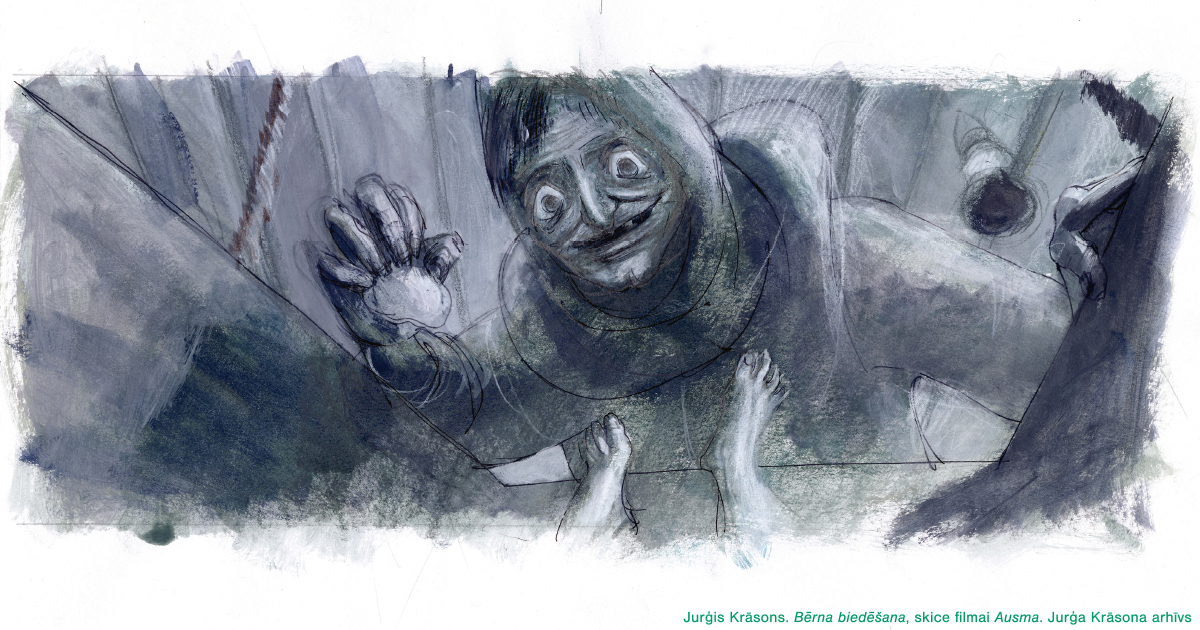A new name, a new home, and a new exhibition – on August 21, the Latvian Cinema Museum opens its doors at Miera Street 58a with Creating Worlds: Latvian Film Designers and Film Artists.
This year marks important changes for the museum. It now carries a name that better reflects its mission – the Latvian Film Museum – and has moved into new premises in Riga, at Miera Street 58a. To celebrate, the museum invites visitors to discover the exhibition Creating Worlds: Latvian Film Designers and Film Artists, opening on August 21.
In 21st-century Latvian cinema, the term art department has become established, referring to the professionals who create the visual environment that brings a director’s artistic vision to life. The exhibition highlights these often less visible, but essential figures of filmmaking – set designers, costume creators, make-up and special effects artists – and showcases their vital contributions to Latvia’s film industry.
Creating Worlds: Latvian Film Designers and Film Artists spans more than a century of cinematic artistry in Latvia – from the very first feature film produced in the Republic of Latvia, Es karā aiziedams / As I Went to War (1920), to the film productions of the 2020s. Visitors will discover unique pieces of film history: original sketches of sets, costumes, and make-up alongside their on-screen realizations, technologies used in creating special effects across different eras, reconstructions of iconic Latvian film environments, and much more.


